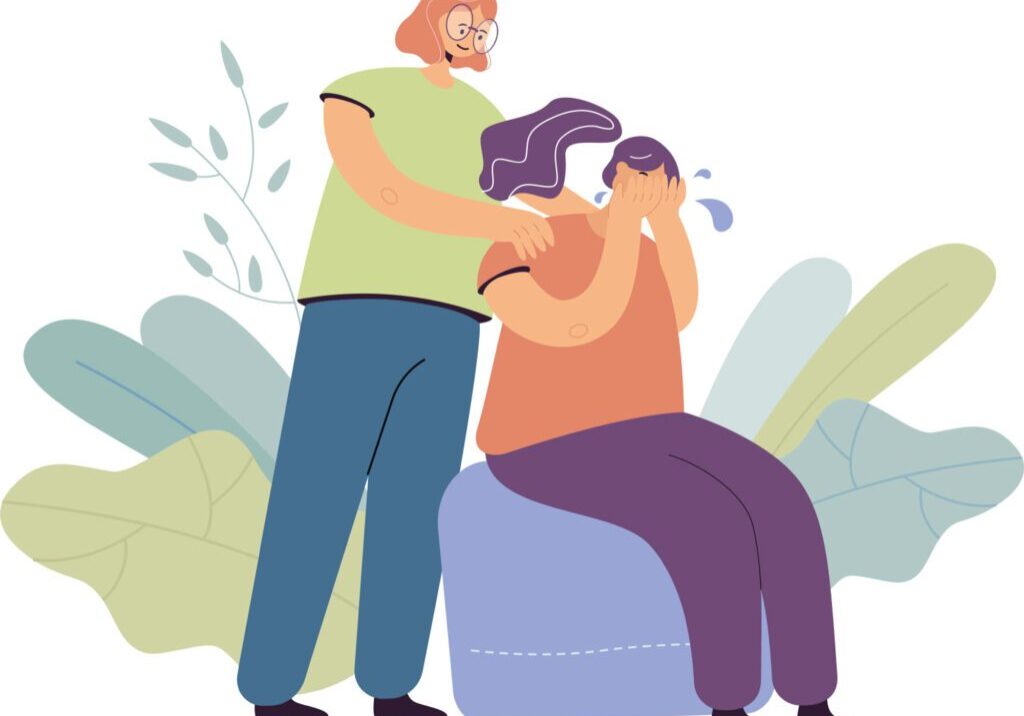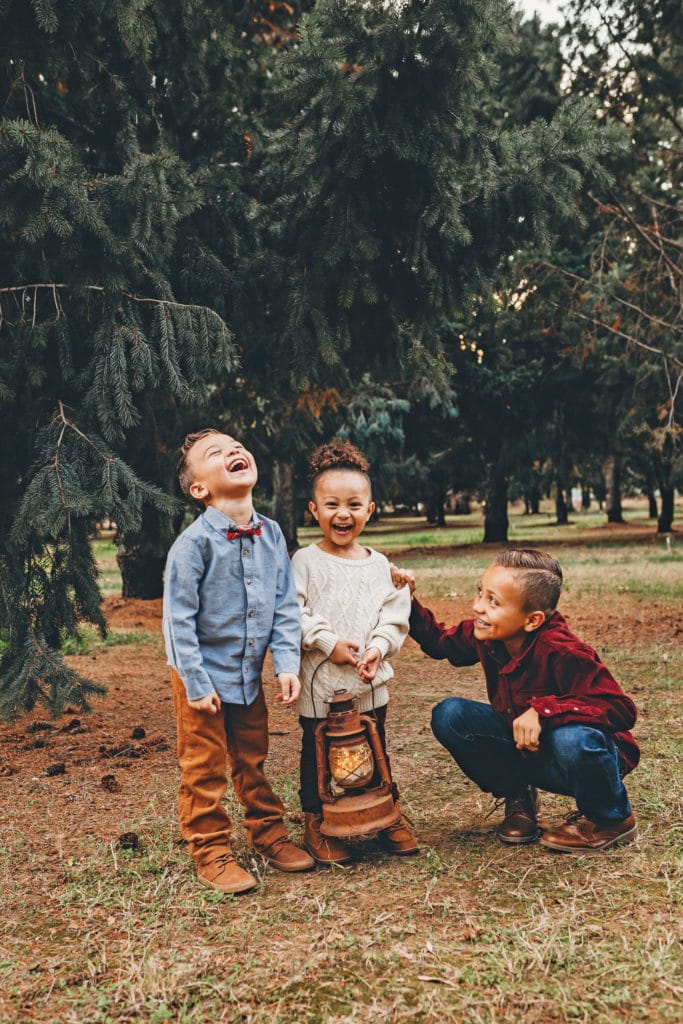
Just being around other kids can help your child build social skills and make friends. Photo by Francesca Murgia.
Parents can help their children develop social skills that will make it easier to make friends at any age. We are social beings and making and maintaining friendships is a big part of our lives from childhood into adulthood. But, this doesn’t always come naturally and it can be challenging to find loyal friends and create meaningful connections.
Roleplay
As you play and interact with your children, you can use puppets, dolls, or even stuffed animals to role play and practice social situations they may encounter.
Through role-play, teach your child how to ask someone to play or how to join in on a game that is already started. Work out possible conflicts that may arise as they play with friends. Playing a role will make kids more comfortable when they face similar situations on the playground.
Set an example
It is just as important for parents to build strong friendships as it is for kids, and this is also an opportunity to teach through our examples. “We move a lot, so explaining how I have to make new friends and step out of my comfort zone just like they do helps,” says Stephanie Loux, mother of three.
Do you make time for friendship in your life? Do you invite friends over or meet for coffee? How often do you step outside your comfort zone to meet new people? Our kids see how we interact with others. If the parent sets an example by being involved with friends, showing empathy towards others, and helping friends in need, kids learn that friendships are a priority. They will understand the natural give and take of a relationship. They will also watch how parents handle conflict and the normal highs and lows that friends experience.
The art of conversation
For kids with the gift of gab, conversation may come naturally, but for others, a little practice and a few tips can go a long way. Part of making and maintaining friendships is being able to take turns speaking, listening, and responding with empathy when appropriate.
Parents can teach kids how to have conversations during daily life by simply modeling this skill or art. It can also be taught during role-playing or by giving them some tools to start a conversation. For example, kids should be reminded to look people in the eye, greet a friend as they arrive, respond when asked a question, and ask follow-up questions. It takes some practice, but it will be worth it.
Teach good manners
Kids with good manners, such as saying please and thank you, picking up after themselves, and treating others respectfully are more likely to be invited to their friends’ homes. Kids who take turns, share, and let guests go first are also easier to be around. You can model good manners for your child and give them gentle reminders during playdates and social interactions.
Encourage healthy conflict resolution
All friends experience conflict. What is important is the resolution. Door slamming, stomping feet, the silent treatment, yelling, and hitting may release anger in the moment but can damage a friendship. As kids mature, encourage them to talk about their feelings, come up with a solution, or ask an adult to help. Encourage kids to work out their own conflicts, making sure to be available for help.
Be social
Simply being around other people helps your child build social skills and make friends. “Helping them say hello to other kids at parks and school events helps,” says Stephanie. “I also make an effort to go to all class birthday parties, so they have more time with friends.”
Encourage your kids to make friends and provide them the opportunities to socialize. Allow your kids to invite friends over to play or to meet at a park. Hosting a playdate that encourages mutual interests helps build friendships as well. If your child is interested in animals, invite a friend who is interested in animals to meet you at the zoo. Sports and extracurricular activities are great places to find friends with mutual interests.
Pay attention to your child’s personality
Remember that everyone has a different personality, and that affects how they react in social situations. Some children love to be the center of attention and thrive from being around others. Other children may enjoy being around other people but prefer to sit back and observe the situation.
You can cultivate your child’s social skills based on what they feel comfortable with, even if their style is different from yours. And remember — your child does not need to be the most popular person in the class. One or two close friends will make them feel accepted and connected to their peers.
Books About Friendships
Parents can teach their kids about healthy friendships by reading books. Here are some suggestions you can read aloud with your kids to help build social skills at the same time.
- Be Kind by Pat Zietlow Miller and Jen Hill
- The Big Umbrella by Amy June Bates and Juniper Bates
- I Am Enough by Grace Byers and Katurah A. Bobo
- Strictly No Elephants by Lisa Mantchev and Taeeun Yoo
- Peanut Butter and Cupcake by Terry Border
- Tilly and Tank by Jay Fleck
- Louise and Andie: The Art of Friendship by Kelly Light
- Boy + Bot by Amy Dyckman
- The Adventures of Beekle: The Unimaginary Friend by Dan Stantat
- We Don’t Eat Our Classmates by Ryan T. Higgins
Posted in: Family Life & Support
Comment Policy: All viewpoints are welcome, but comments should remain relevant. Personal attacks, profanity, and aggressive behavior are not allowed. No spam, advertising, or promoting of products/services. Please, only use your real name and limit the amount of links submitted in your comment.
You Might Also Like...
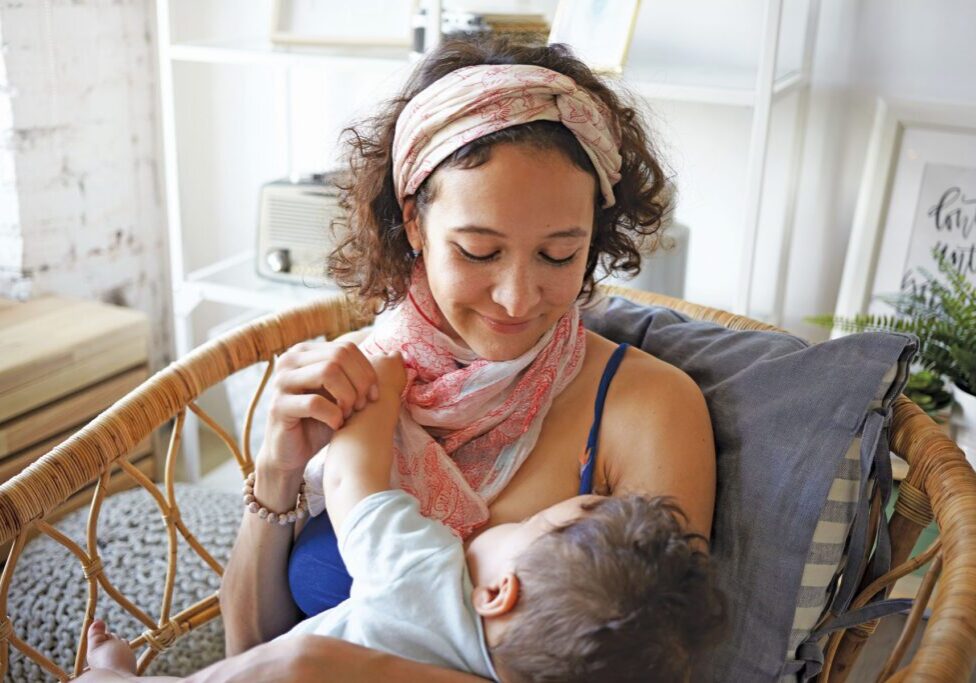
La Leche League USA: Helping Parents Learn About Successful Breastfeeding
La Leche League USA (lllusa.org) is an important part of the international La Leche League, which helps mothers all over the world as they navigate the journey of successful breastfeeding […]
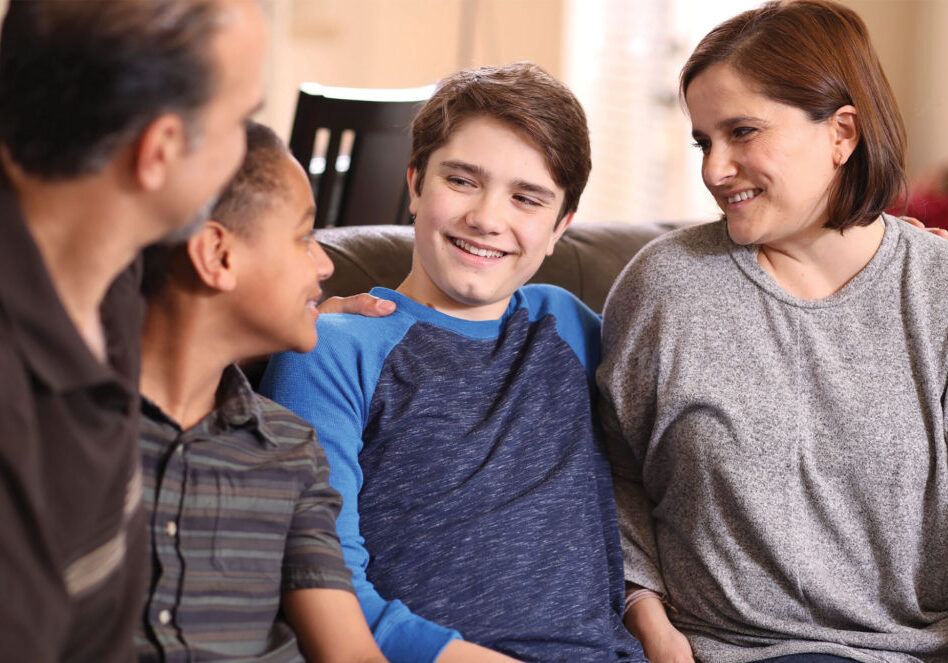
Becoming A Foster Parent – The Joys and Benefits
What Fostering Has Taught My Children People are always intrigued when they find out that we bring foster children into our home. They are always polite but you can often […]
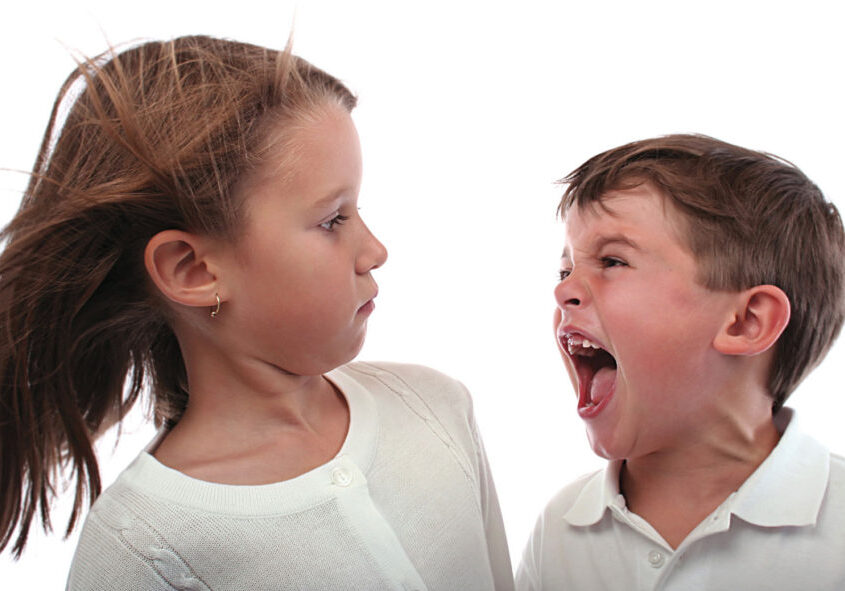
Anger Management: Helping Kids Cool Down
Everyone has to deal with feelings of anger and frustration at times. While these feelings are normal, it is important to teach kids how to appropriately deal with them. Parents […]
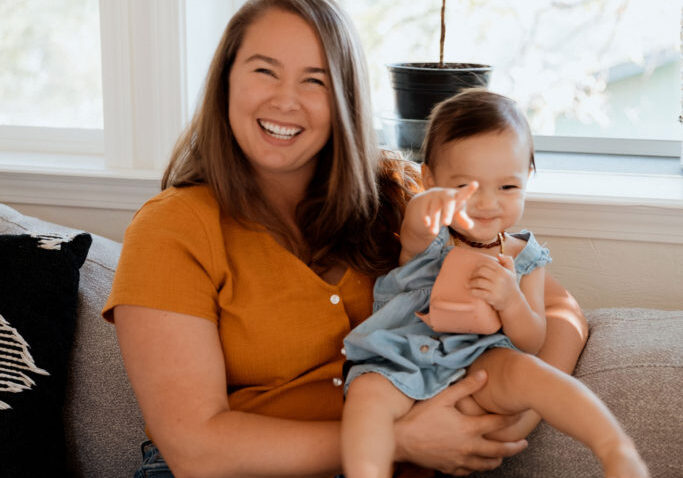
How Doulas Can Help Moms And Families During And After Childbirth
According to the non-profit organization, DONA International (DONA.org), “From the beginning of time, people have been cared for and nurtured during pregnancy, birth and postpartum. Family, friends and neighbors from […]



